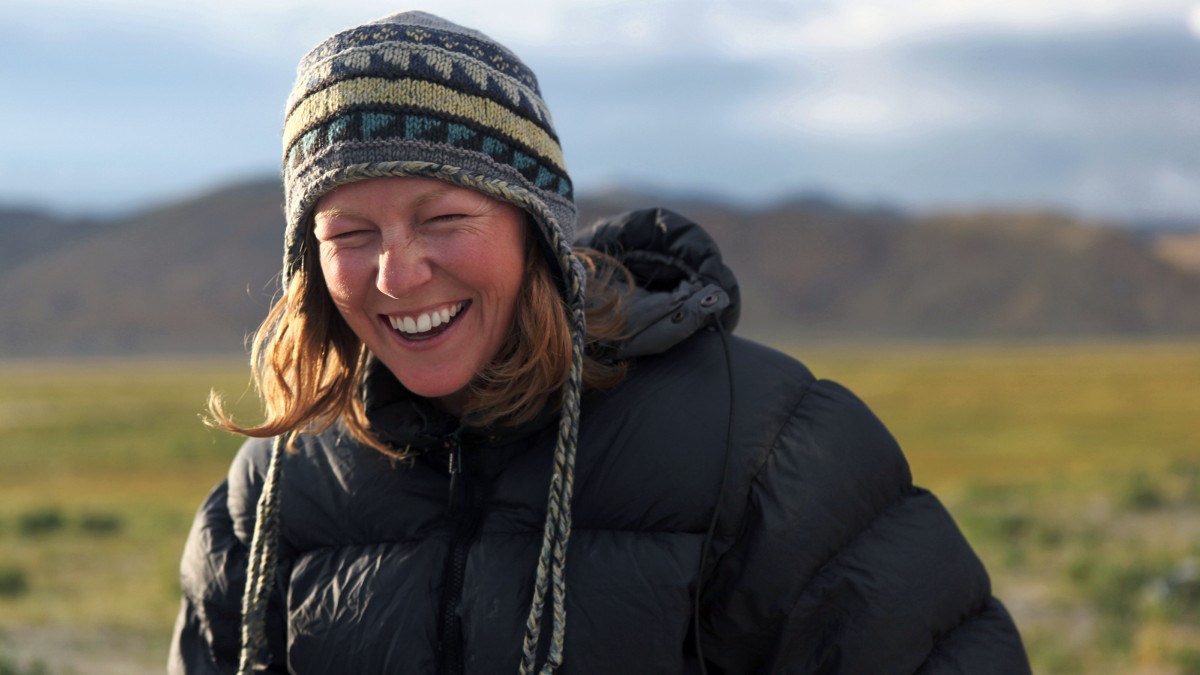
As for sussing out truths, I would be delighted to do this in my travels, but whenever I think I’ve found any they shimmer into complexity-the world is so huge and fraught and full of mystery that it confounds (and dazzles) me at every turn. With travel memoir, readers at least get a sense of where the author is coming from, what motivates them to hit the road. Because no one is objective! We’re all flawed, biased beings driven by certain idiosyncratic questions and obsessions, and these dictate what details we take in of a place and deem worthy of report. Instead of stiff-upper-lip Europeans purporting to offer an all-seeing, objective take on a far-flung place or culture, all while revealing nothing of themselves, the move toward memoir in travel writing strikes me as both refreshing and more honest. I do think travel writing has changed, and for the better. Did you go into the journey knowing that seeking complexity was more important than sussing out truths, or did you discover this through the very process of embracing the journey and (later) writing about it? How did your understanding of this change as the journey (and the book) came together? In the book you say that “travel reveals less about the truth of a place and hints more about how complicated the world is.” It struck me that this is also applies to travel writing in the 21st century - that, unlike previous eras of travel writing, we can’t presume to be objective in our analysis of the places we visit. The farther she traveled, the closer she came to a world as wild as she felt within. Forget charting maps, naming peaks: what she yearned for was the feeling of soaring completely out of bounds. Pedaling mile upon mile in some of the remotest places on earth, she realized that an explorer, in any day and age, is the kind of person who refuses to live between the lines.

In between studying at Oxford and MIT, Harris set off by bicycle down the fabled Silk Road with her childhood friend Mel.

Looking beyond this planet, she decided to become a scientist and go to Mars.

From what she could tell of the world from small-town Ontario, the likes of Marco Polo and Magellan had mapped the whole earth there was nothing left to be discovered. As a teenager, Kate Harris realized that the career she craved-to be an explorer, equal parts swashbuckler and metaphysician-had gone extinct.


 0 kommentar(er)
0 kommentar(er)
